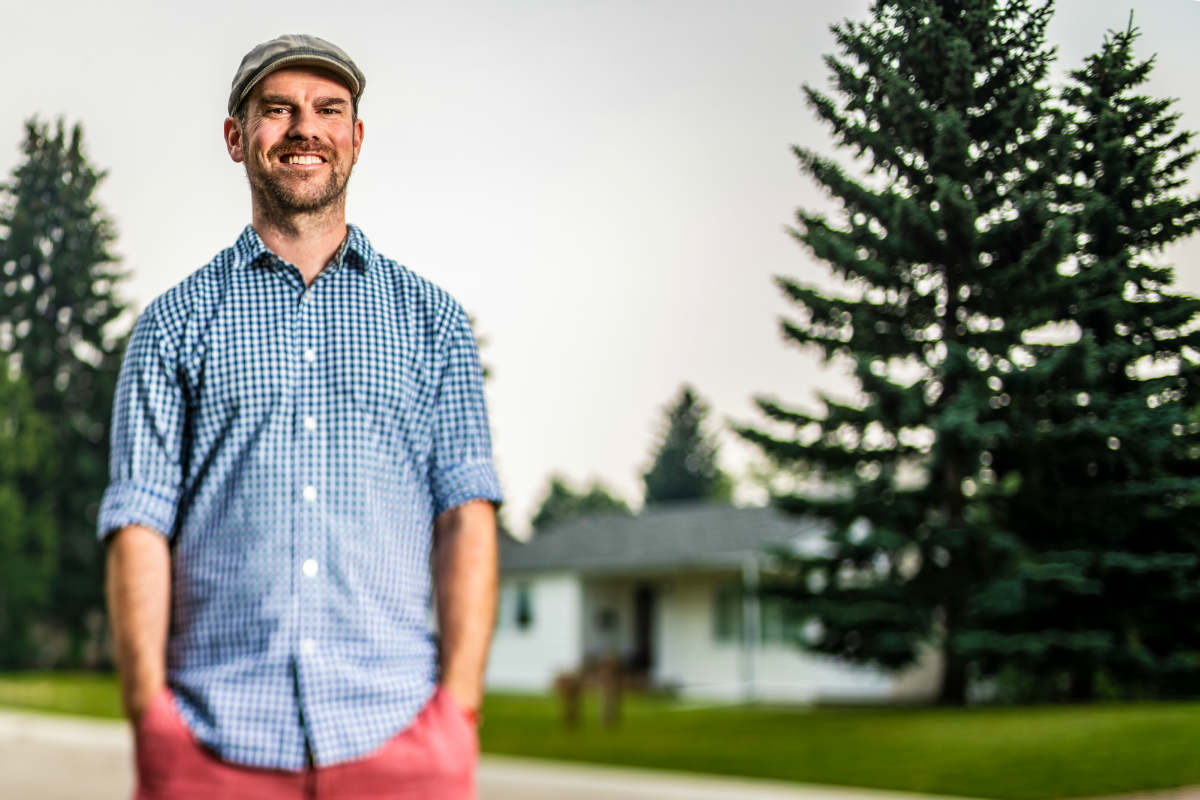
Leith Deacon, assistant professor in the School of Urban and Regional Planning and principal investigator in the Sustainable Community Planning Development project, led the study exploring the role of recreation in improving social connections. Photo credit: John Ulan
A new study by University of Alberta scientists explores how leisure and recreation access can improve social connections in resource-based communities like Fort McMurray. The findings build on a 2016 study of fly-in, fly-out workers in the city of Fort McMurray that found that the employment model may be having negative effects due to a lack of options to get workers involved in the community.
The initial research examined how fly-in, fly-out (FIFO) workers are perceived by some permanent residents in the community and was conducted in the Department of Earth and Atmospheric Sciences.
The evolving study was led by Leith Deacon, assistant professor in the School of Urban and Regional Planning and principal investigator in the Sustainable Community Planning Development project, and graduate student Trina Lamanes.
"This research builds on our team's earlier findings," said Deacon, "It suggests that leisure and recreation are one of the best methods for improving connectedness and social interaction for both FIFO workers and permanent residents."
Building connections
While resource-based communities experience unique circumstances that often centre around a historical reliance on one industry, they offer researchers unique opportunities to explore ways in which communities are adapting and engaging their residents.
Using Fort McMurray as a case study, the researchers found that traditional leisure options, such as recreation centres, are well-regarded by residents. Their results also suggested that additional investment in tertiary recreation and leisure, such as restaurants, could benefit from greater municipal investment.
"While there's still work to do, Fort McMurray residents have been very positive in their response to the facilities in the community," said Deacon. "They have suggestions-such as increasing dining, shopping, and entertainment options-but traditional leisure such as rinks, fields, and recreation centres are regarded as highly accessible."
The study found that Fort McMurray residents acknowledged the importance of industry and the active volunteer community within Fort McMurray for ensuring availability of leisure and recreation opportunities. Participants also voiced their support for the work that is being done within Fort McMurray to increase the social sustainability of the region.
"The findings highlight the idea that each community is unique and a one-size-fits-all design for planning and development isn't the best solution," said Deacon. "There is a need to develop a relevant, adaptable approach to providing recreation and leisure within resource-based communities."
The paper, "Supporting social sustainability in resource-based communities through leisure and recreation," was published in The Canadian Geographer. (doi: 10.1111/CAG.12492)